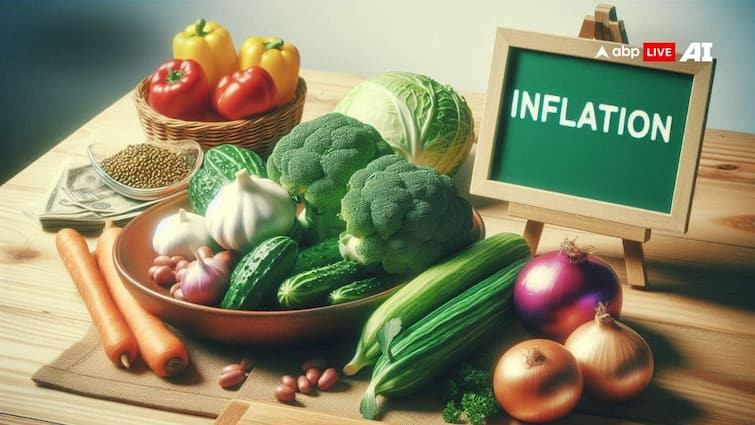India’s annual inflation based on the Wholesale Price Index (WPI) moderated to 0.13 per cent in September, down from 0.52 per cent in August, according to the Ministry of Commerce and Industry.
The decline was largely driven by falling food and fuel prices, reflecting higher crop yields and adequate buffer stocks.
The WPI figures revealed that food item prices fell by 1.38 per cent during September. This was attributed to robust production and sufficient reserves of key staples such as wheat and rice.
Fuel inflation continued to remain in the negative zone at -2.58 per cent, as petrol, diesel and natural gas prices softened over the month.
On a month-on-month basis, WPI registered a decline of 0.19 per cent in September compared to August. However, year-on-year inflation remained in the positive territory, largely due to rising costs of manufactured goods, non-food articles, textiles, and other transport equipment, according to an official statement.
CPI Inflation Drops to Over Eight-Year Low
Meanwhile, inflation measured by the Consumer Price Index (CPI) fell to 1.54 per cent in September, the lowest year-on-year reading since June 2017.
This represents a drop from 2.05 per cent recorded in August. Falling prices of food items and fuels contributed significantly to this decline.
Food inflation continued its negative trend for the fourth consecutive month, coming in at -2.28 per cent. The moderation in headline CPI inflation was primarily driven by favourable base effects and price reductions in vegetables, fruits, edible oils, pulses, cereals, and eggs. Fuel prices also eased during the month, providing additional relief to consumers.
The outlook for inflation in 2025-26 is now more benign, supported by favourable base effects, a good southwest monsoon, healthy kharif sowing, sufficient reservoir levels, and comfortable buffer stocks of foodgrains.
Additionally, the recent GST rate cuts implemented on September 22 are expected to reduce prices across multiple goods categories, further containing inflation in the coming months.
How Will This Impact Repo Rate?
The decline in inflation provides the Reserve Bank of India (RBI) with more flexibility to pursue a soft monetary policy. The RBI’s Monetary Policy Committee (MPC) on October 1 revised its inflation forecast for the 2025-26 financial year down to 2.6 per cent from the earlier 3.1 per cent, citing GST rate cuts and benign food prices as key factors.
RBI Governor Sanjay Malhotra noted, “The recently implemented GST rate rationalisation would lead to a reduction in prices of several items in the CPI basket. Overall, the inflation outcome is likely to be softer than what was projected in the August monetary policy committee resolution, primarily on account of the GST rate cuts and benign food prices.”
The easing of both WPI and CPI inflation offers potential for further rate cuts and liquidity support, which could stimulate economic growth in the months ahead.



